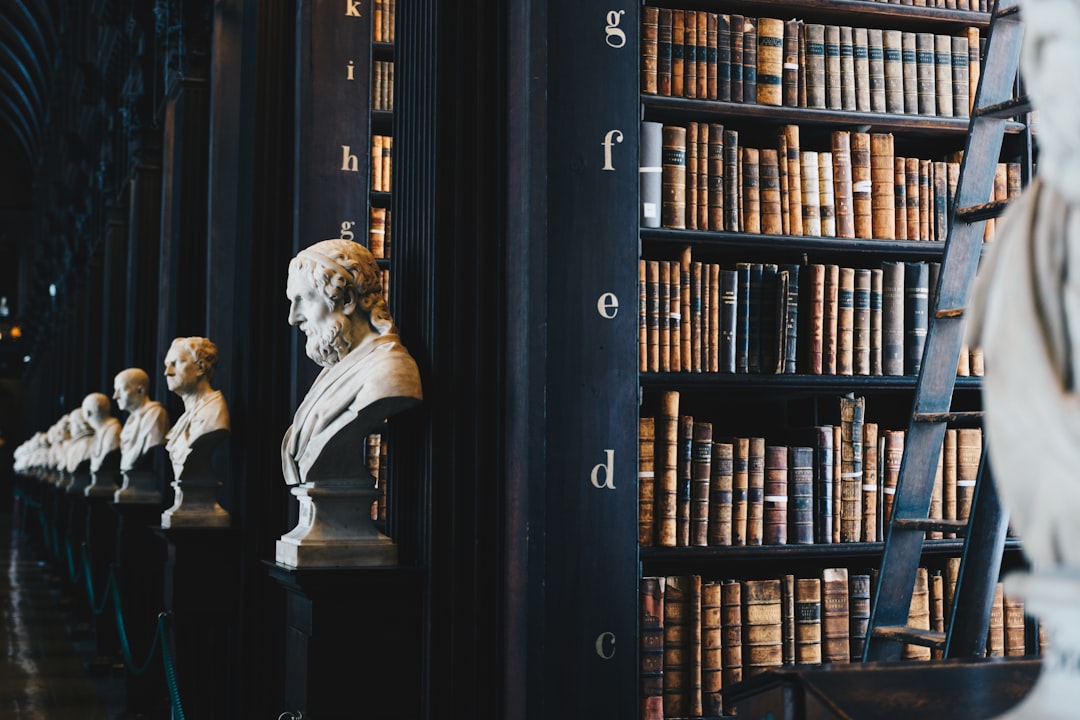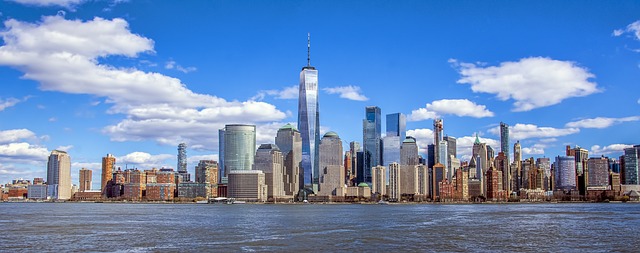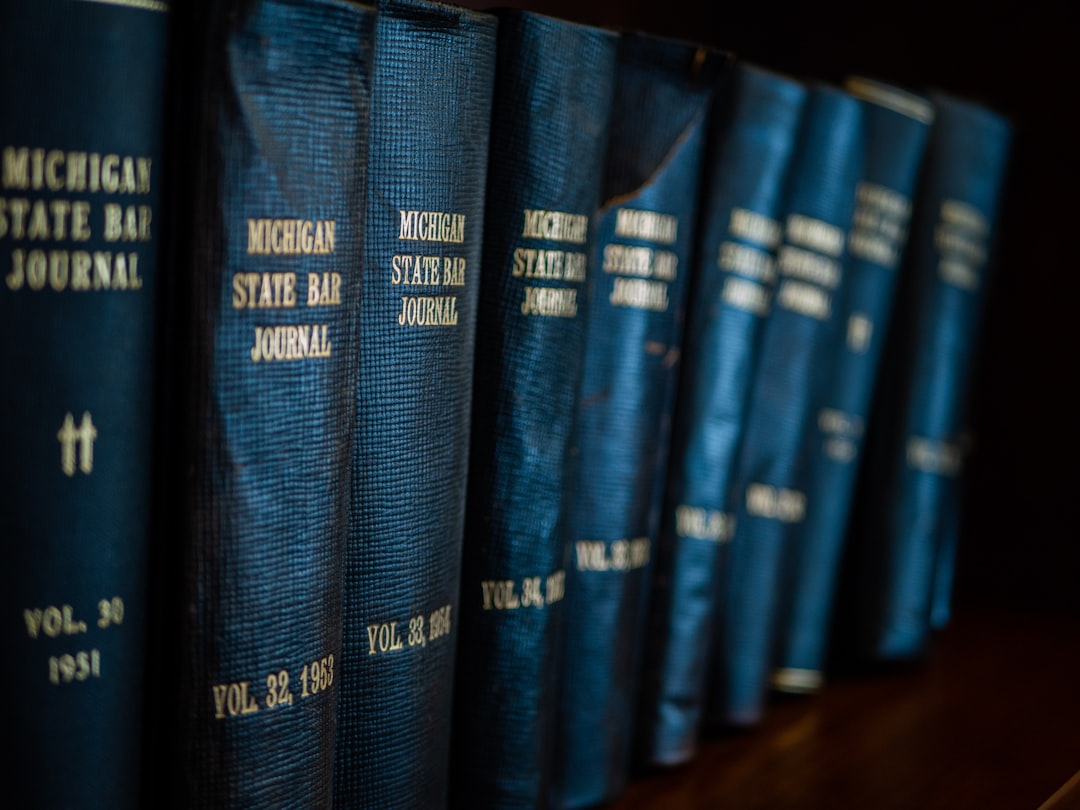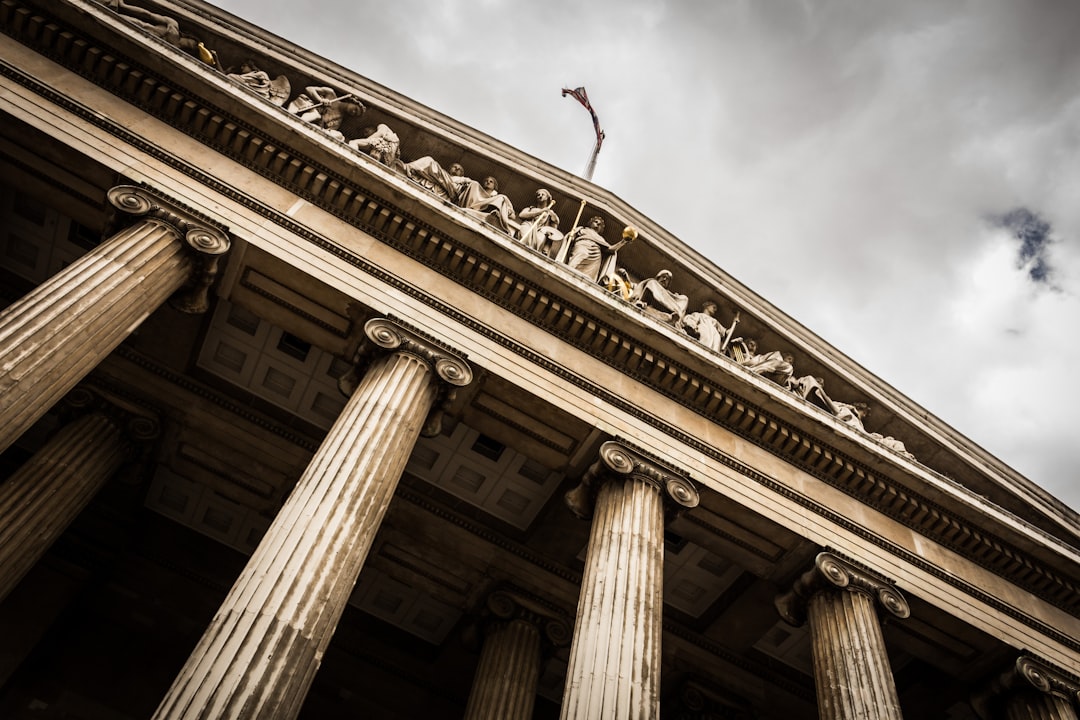In diverse New York City, sexual assault lawyers bridge cultural gaps and play a pivotal role in addressing sensitive issues. They respect survivor choices, offer cultural context during legal proceedings, and create safe spaces to foster trust and encourage survivors from all backgrounds to come forward. By collaborating with community leaders and incorporating culturally appropriate resources, these lawyers ensure justice is served while supporting survivors' unique healing needs.
In the vibrant, diverse city of New York, addressing sexual abuse requires a nuanced approach that respects cultural sensitivity. With a population encompassing various ethnic, religious, and socioeconomic backgrounds, understanding cultural contexts is paramount for effective interventions. This article explores the critical role of sexual assault lawyers in navigating these complexities, highlighting their impact on culturally sensitive cases. We also delve into strategies that account for cultural nuances, ensuring justice and support for survivors from diverse communities. Sexual assault lawyers in New York play a pivotal role in shaping a more inclusive and responsive legal system.
Understanding Cultural Sensitivity in a Diverse City Like New York
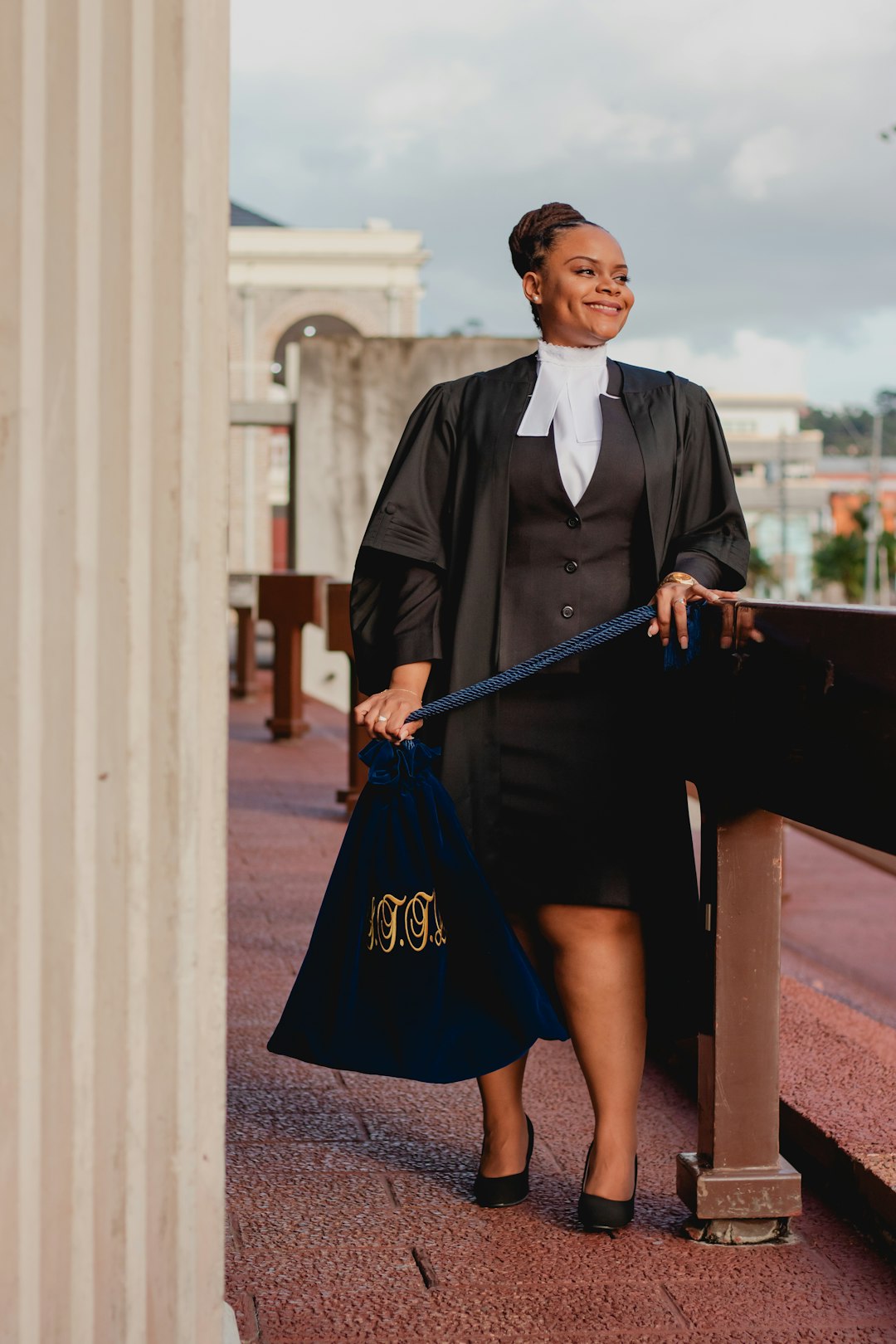
In a city as diverse as New York, cultural sensitivity is paramount when addressing issues like sexual abuse. With a multitude of ethnicities, religions, and backgrounds coexisting, it’s crucial for legal professionals, especially sexual assault lawyers in New York, to have a deep understanding of these cultural nuances. Every community has its own unique perspectives on personal space, consent, and reporting mechanisms—all of which can significantly impact how survivors choose to pursue justice.
Sexual assault lawyers must be adept at navigating these differences to provide effective representation. This involves not just listening to and respecting the survivor’s choices but also knowing when to offer cultural context during legal proceedings. By acknowledging and embracing this diversity, lawyers can create a safer, more welcoming environment for all survivors, fostering trust and encouraging them to come forward and seek the justice they deserve.
The Role of Sexual Assault Lawyers and Their Impact on Culturally Sensitive Cases

In the complex landscape of addressing sexual abuse, especially within the diverse cultural fabric of New York City, the role of sexual assault lawyers cannot be overstated. These legal professionals are not just advocates; they serve as cultural bridges, ensuring that justice is served while respecting and honoring the unique backgrounds of victims. Their expertise lies in navigating the intricate web of cultural nuances, laws, and societal norms to provide effective legal representation.
Sexual assault lawyers in New York play a pivotal role in culturally sensitive cases by offering specialized knowledge about various communities’ perspectives on sexual abuse. They understand that what constitutes abusive behavior can vary across cultures, and their insights help tailor legal strategies accordingly. This approach not only strengthens the case but also fosters trust between the legal system and diverse communities, encouraging victims to come forward and seek justice.
Strategies for Effective Addressal of Sexual Abuse Considering Cultural Nuances
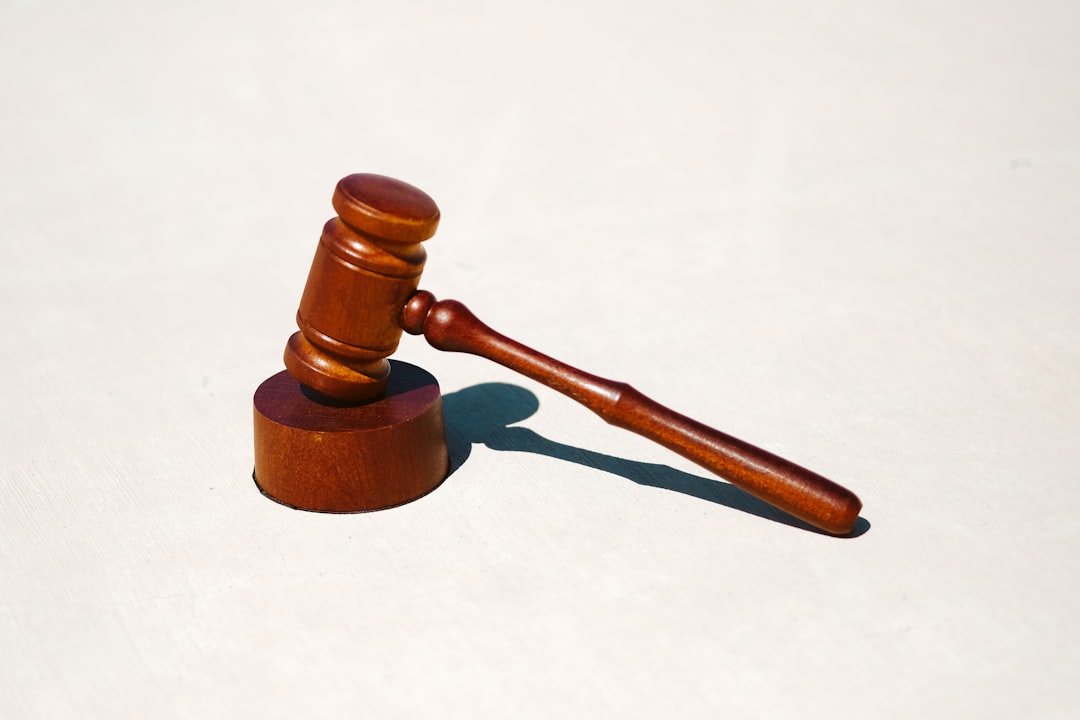
When addressing sexual abuse, especially in a diverse city like New York, cultural sensitivity is paramount. Strategies for effective intervention must account for the unique experiences and perspectives of survivors from various ethnic, racial, religious, and socio-economic backgrounds. This includes understanding the role that cultural norms and traditions can play in both victimization and healing processes. For instance, some communities may have specific rituals or support systems that can be leveraged to provide tailored care.
Sexual assault lawyers in New York and other advocates should collaborate closely with community leaders, cultural experts, and survivor-centered organizations to develop inclusive approaches. By incorporating traditional healing practices, language services, and culturally appropriate resources, these strategies ensure that survivors feel understood, respected, and supported throughout the legal process. This holistic approach not only enhances the effectiveness of interventions but also fosters trust and encourages survivors to come forward.
